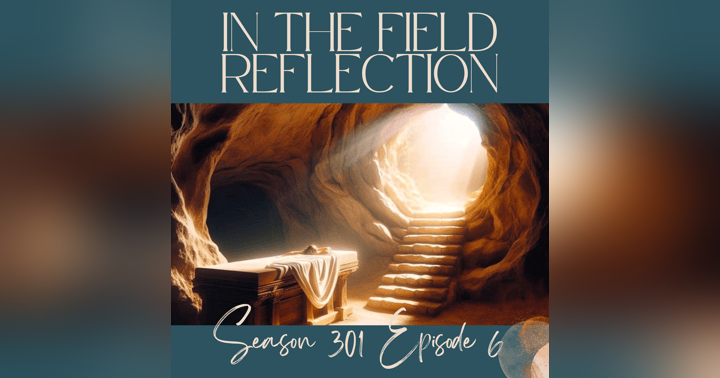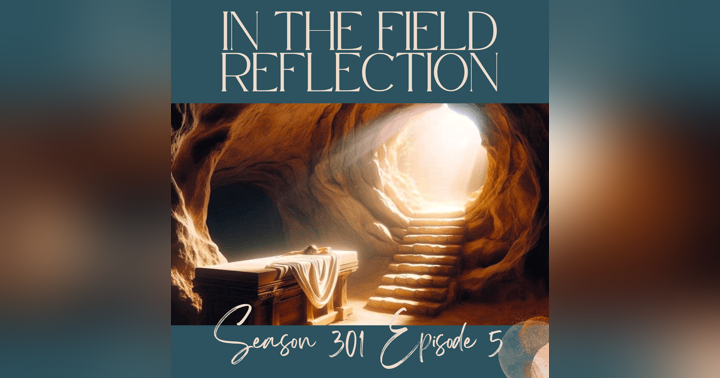The Weight of the Cross: Golgotha’s Agony

When we contemplate the journey of Jesus to the cross, we're confronted with the most profound demonstration of love humanity has ever witnessed. In "The Weight of the Cross: Golgotha's Agony," we explore the harrowing path Jesus took from his trials before Pilate and Herod to his brutal crucifixion at Golgotha.
The morning after Jesus's arrest brought him before Pontius Pilate, the Roman governor who found himself caught in a political storm. Despite finding no fault in Jesus, Pilate surrendered to the pressure of the crowd and religious leaders. This moment reveals how easily we humans can compromise truth when faced with social pressure or personal gain. Pilate's infamous hand-washing doesn't absolve him of responsibility—it serves as a stark reminder that indecision in the face of truth is still a choice, one with eternal consequences.
Jesus then faced Herod Antipas, who treated him as mere entertainment, demanding miracles and signs. When Jesus remained silent, Herod and his soldiers mocked him, dressing him in a gaudy robe and treating him with contempt. How often do we, in our own lives, treat sacred things with casual indifference? Herod represents the world that views Jesus as a curiosity rather than the King of Kings.
Perhaps most heartbreaking is the crowd's rejection. The same voices that had shouted "Hosanna" days earlier now cried "Crucify him!" Their fickle hearts mirror our own tendency to follow Christ when it's convenient but abandon him when discipleship demands sacrifice. When Pilate offered to release either Jesus or Barabbas, the crowd chose a murderer over the Prince of Peace—a chilling reminder of how sin warps our judgment.
The episode vividly describes Jesus's scourging, a punishment so brutal that many didn't survive it. Soldiers took cruel delight in his suffering, using whips embedded with bone and metal that tore his flesh to the bone. Yet through this unspeakable agony, Jesus remained focused on his purpose. Each lash he endured was absorbed not with hatred but with love—love for the very world that was rejecting him.
After the flogging came the crown of thorns, pressed deep into his brow, a mockery of his kingship that became a powerful symbol of his sacrificial love. Then the wooden cross was thrust upon his torn shoulders—not just a physical burden but the spiritual weight of all humanity's sin. Every painful step toward Golgotha was a step Jesus took willingly, knowing the cost yet choosing to pay it anyway.
As Gospel writers Matthew, Mark, Luke, and John later reflected on these events, they struggled to convey the magnitude of what they witnessed. Their accounts reveal not just historical details but the emotional weight of watching their Lord and Teacher suffer. They observed how, even in his deepest agony, Jesus showed compassion to the weeping women of Jerusalem, telling them not to weep for him but for themselves and their children.
What lessons can we draw from the Weight of the Cross? First, we learn about responding to injustice. When falsely accused, Jesus didn't retaliate. When suffering unjustly, he didn't curse his tormentors. His example challenges us to face our own trials with dignity and faith, trusting God's greater purpose even when we don't understand.
Second, we see how Jesus transforms suffering itself. He didn't avoid the cross—he embraced it as the means of our salvation. This revolutionizes how we view our own suffering, not as meaningless pain but as potential pathways to redemption and growth.
Finally, Jesus demonstrates the radical love that defines true discipleship. He loved those who hated him. He forgave those who tortured him. He died for those who rejected him. This sacrificial love stands as both our salvation and our standard.
As we contemplate the Weight of the Cross, we're called to more than emotional response—we're challenged to carry our own crosses with the same faithful obedience Jesus demonstrated. In our trials, rejection, and suffering, we find meaning by following in his footsteps, choosing love over hatred, forgiveness over vengeance, and sacrifice over self-preservation.
















